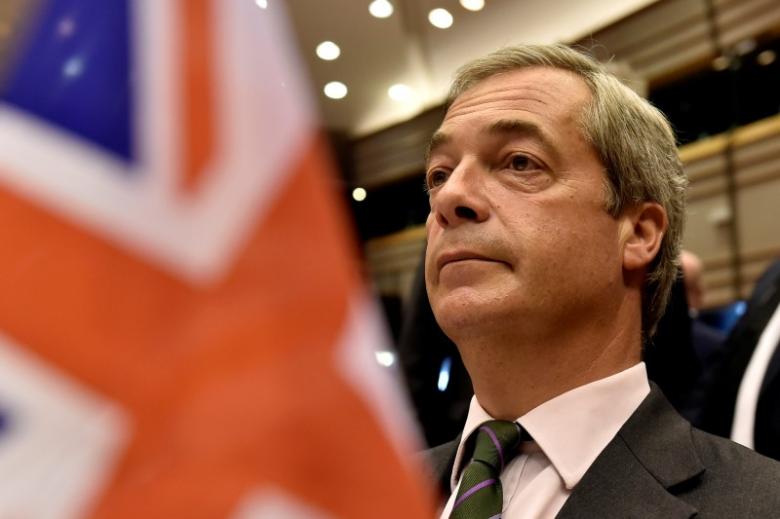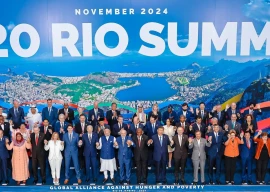
EU meets without Britain for first time since Brexit vote
UKIP, Britain's third party according to votes cast, will announce his replacement at the party's annual conference in the southern English seaside resort of Bournemouth. Farage, who was at the heart of UKIP from its foundations in 1993, quit after Britain voted in June to leave the EU, saying his lifelong political ambition had been accomplished.
Home affairs spokesperson Diane James is the bookmakers' overwhelming favourite to fill Farage's shoes. She is thought to be well ahead of fellow European Parliament members Jonathan Arnott and Bill Etheridge, local authority councillor Lisa Duffy and party executives Elizabeth Jones and Phillip Broughton. But the contest was thrown into turmoil from the very second it began.
Immigration spokesperson Steven Woolfe, hitherto the bookies' clear front-runner for the job, submitted his candidacy 17 minutes after the deadline on July 31, citing computer problems. The party's executive committee -- branded "total amateurs" by Farage -- decided that Woolfe could not stand, leading three members of the body to quit in protest.
Theresa May’s inner circle: who will be in Britain’s ‘Brexit cabinet’?
"If we don't get this right, we don't get a competent leader who's comfortable with the media, the party could be finished," said Michael McGough, one of the trio who quit. Woolfe was supported by both Farage and Arron Banks, the party's main financial backer. The businessman called the decision to exclude Woolfe a "coup", led by Douglas Carswell, the party's only member of parliament. Banks could deal UKIP a potentially fatal blow if he decides to withdraw his funding.
According to The Times newspaper, he has said he wants to create a new right-wing movement or party appealing to Brexit voters. "UKIP's future is unclear," said Matthew Goodwin, an expert on the party at the University of Nottingham. "In the aftermath of the vote for Brexit, the party has become seriously divided between separate factions and might also struggle to sustain public support from social conservatives in the new political landscape," the author of "UKIP: Inside The Campaign" told AFP.
Theresa May’s neighbours sing her praises
The anti-mass immigration party won 3.8 million votes, or 12.6 percent, in the 2015 general election, though it only has one MP, Carswell, to show for it under Britain's first-past-the-post constituencies system. The governing centre-right Conservative Party, under its new leader Prime Minister Theresa May, "now appears committed to delivering Brexit while also offering policies that have long been advocated by UKIP", such as on selective schools, said Goodwin.
The Conservative government's new slant under May has "restricted political space for the populist right", he added. Nonetheless, UKIP is hoping to consolidate its popularity on the back of Brexit, boost its tally of MPs in the next general election, slated for 2020, and replace a wobbling Labour Party as the official opposition. And if the Brexit negotiations founder or the government fails to reduce immigration, "there will almost certainly remain clear opportunities for a party claiming that the will of the people has been ignored", said Goodwin.

















COMMENTS
Comments are moderated and generally will be posted if they are on-topic and not abusive.
For more information, please see our Comments FAQ